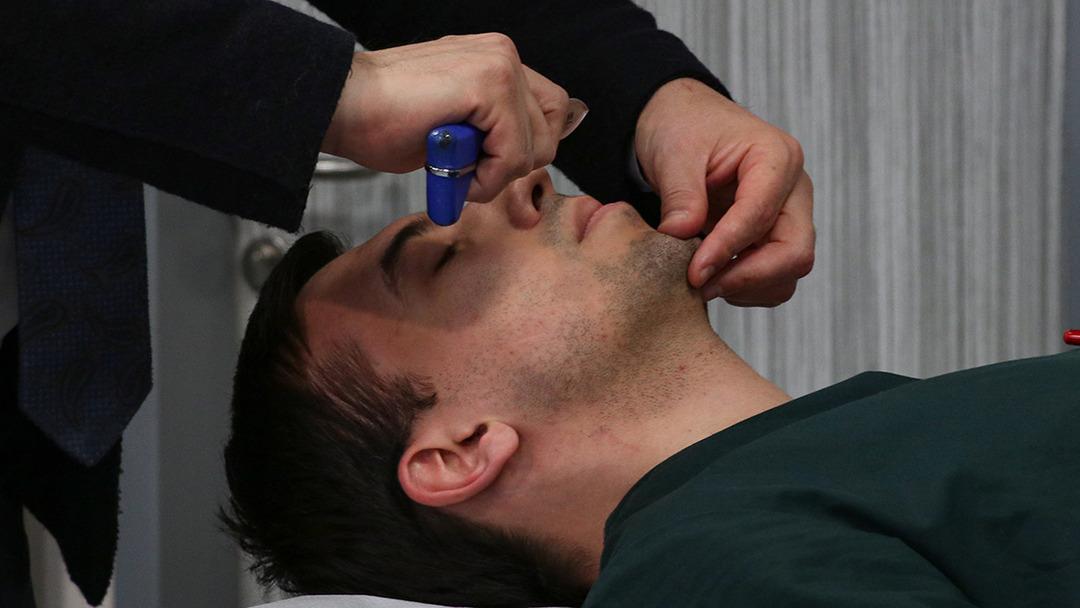Epilepsy is not destiny, it can be controlled! 3 golden rules against epilepsy: Diagnosis, treatment, management...

Dr. Hatice Şap, a specialist in the Department of Neurology , stated that epilepsy is a neurological disease characterized by seizures, resulting from temporary disruptions in the brain's electrical activity. She explained that seizures can manifest as convulsions, involuntary movements, loss of consciousness, and sensory changes. She added that epilepsy can be largely controlled with proper diagnosis and regular treatment.

Emphasizing that epilepsy is not solely a genetic disease, Dr. Şap said, " Epilepsy may not always be genetically transmitted. However, there may be a predisposition in some families. Environmental factors such as congenital problems, trauma, stroke, certain infections, and medications can also play a role in the development of the disease."

Dr. Şap, emphasizing that epilepsy can begin at any time in life, continued: "Epilepsy can occur at any age; however, it is more common in childhood and adolescence. Causes seen in childhood include congenital injuries, hypoxia (insufficient oxygen exposure), febrile illnesses, traumas, and certain syndromes. In adults, epilepsy can be triggered by cerebrovascular diseases (strokes), multiple sclerosis (MS), brain surgeries, head traumas, dementia, certain medications, and alcohol use. However, in some cases, the cause of the disease may not be determined."
"STAYING AWAY FROM TRIGGERS SUPPORTS TREATMENT"Specialist Dr. Hatice Şap stated that it is possible for patients with epilepsy to live healthy, productive, and high-quality lives, and shared the following information about the treatment process: "Treatment options include antiepileptic medications and, in cases of refractory epilepsy, surgical treatments. Disease-triggering factors should not be ignored. Situations such as insomnia, hunger, stress, and sudden light can trigger seizures. Raising patients' awareness of these issues and adjusting their lives accordingly is crucial for the success of treatment."

(İHA) This content was published by Sedef Karatay
mynet





